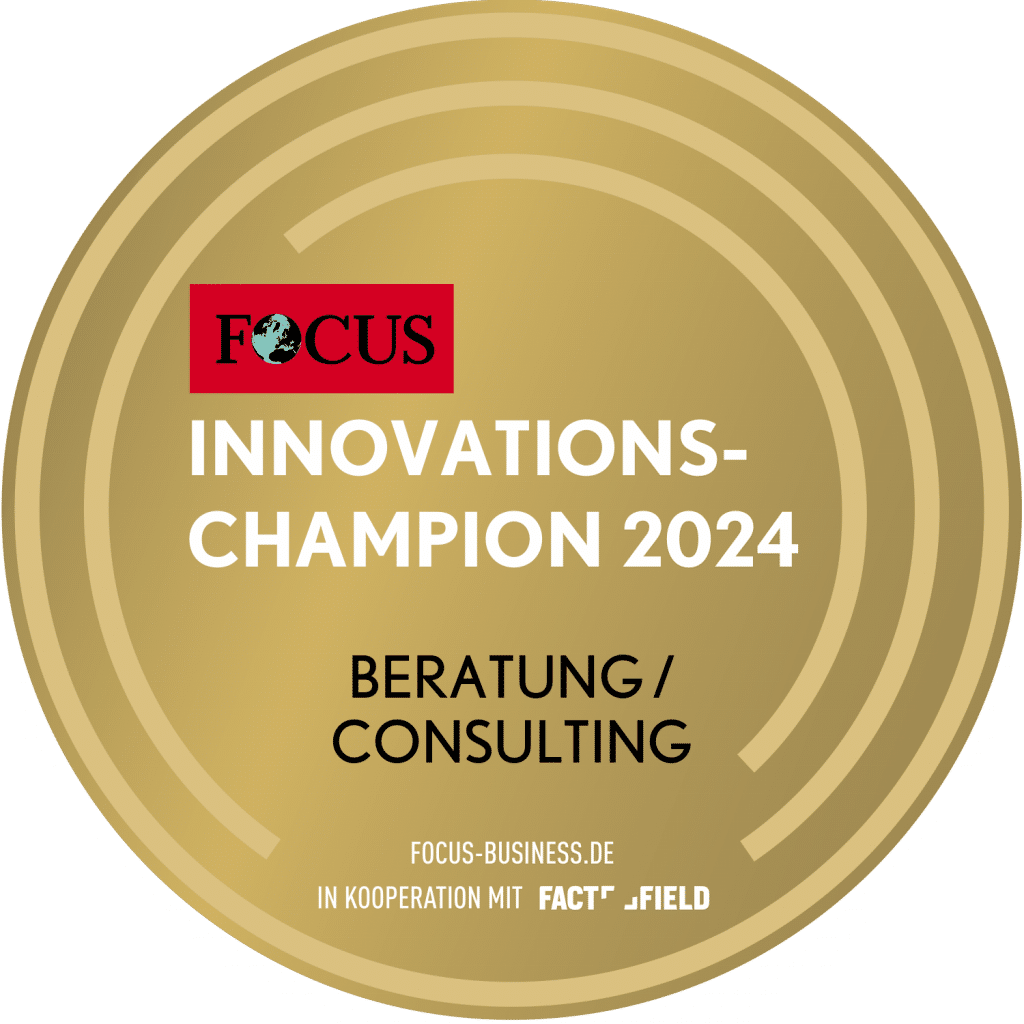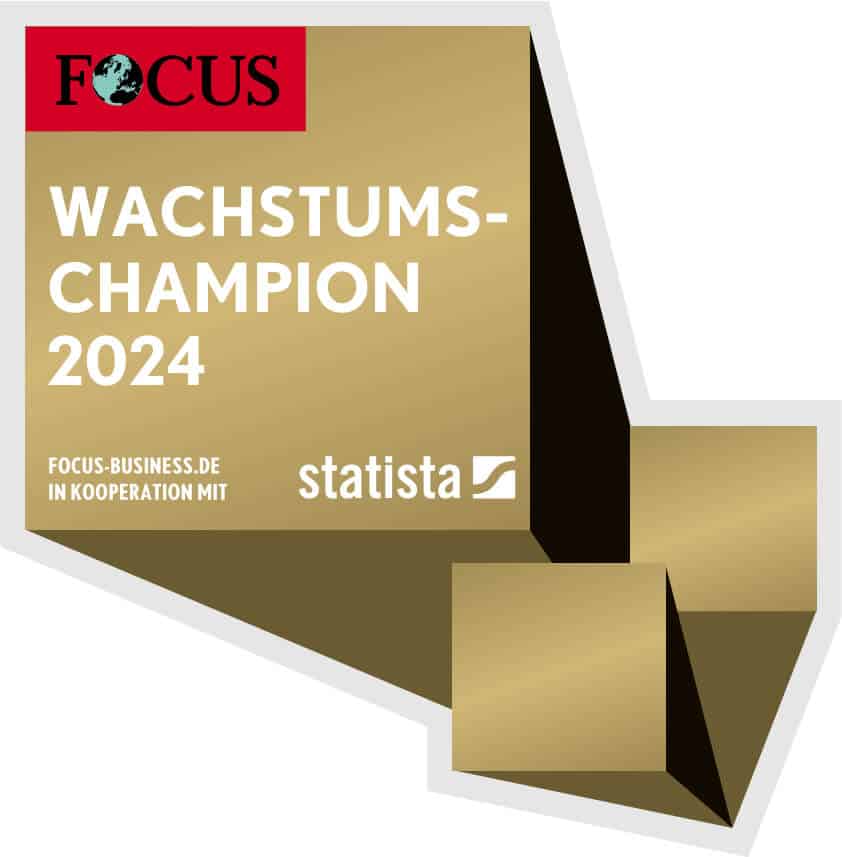Data misuse at Facebook and scandals in the automotive industry are just a few examples: Compliance violations regularly become a reality. By making them public, they cause considerable damage - but where do companies need to start internally to bring about positive change? After the first part Challenges on the way to compliance "built-in" the following article provides you with a compass. How to successfully "build-in" compliance: through agile management.
Agile management - implemented correctly - ensures the necessary compliance culture as a side effect
In contrast, decentralized teams have a common (value) understanding, as they feel connected to "their cause" and a continuous striving for optimization. This approach revolutionized the software industry 17 years ago and is simply the only chance to meet the challenge of growing complexity and dynamism with high-quality products. In today's digitalization, virtually no company can do without points of contact with IT.
Two examples illustrate the actual dimensions of this simple-sounding statement:
- Mass products such as smartphones are equipped with >100 million(!) lines of source code and
- Amazon launches more than 10,000 software updates - per day, mind you!
Traditional management approaches were initially consistently replaced in the IT industry by agile, self-responsible and independent teams. Even in large organizations, a suitable lean-agile approach such as SAFe[i] both
- "Time-to-market" and quality by up to 75 percent
- as well as productivity and employee engagement by up to 50 percent
be increased.
Spurred on by electromobility and the threat from US internet giants, automotive companies are also trying to switch to agile management. Other examples can be found in countless industries such as banking and insurance, logistics, the service sector, ...
How can it work - letting teams do things independently and without "orders from above"? And what does this have to do with compliance?
What makes agile management better
Decentralized, independent teams are responsible for continuous product and service improvements, which are presented to clients in short cycles (one to four weeks). marketable results (as opposed to a "progress report" without concrete results). This is only possible with a lived Team culturewhich promotes agile management and is based on the following elements:
- An eye for the big picture: the team "burns" for their value contribution and the individual members identify with what they contribute to success.
- Transparency ("facts are friendly"): Secrecy and "not invented here" syndrome are not accepted.
- Quality is from start to finish "built-in", each development step is characterized by a deep awareness of quality, which allows problems to be identified at an early stage and thus resolved in a time- and resource-saving manner.
- Permanent delivery capability The tight cycle of a few weeks ensures concrete product improvements and the next improvement steps are prioritized in a customer-oriented manner through the respective backlog.
- All team members wear Shared responsibilityboth for the determination of the delivery promise and its realization. Loner and Heroism and autocratic executives are not to be expected in this environment. out of place.
- Servant LeadershipIn other words, the manager in the role of the service provider who places their own employees and their interests at the center of their actions. With such a post-heroic management style based on mutual trust and respect, the full potential can be exploited without leading to a loss of control. The necessary elements for this should be implemented in the transformation.
A successful transformation to an agile organization depends on a number of important parameters, which are determined by Systemic change management can be ensured in a targeted manner. If it succeeds, this shared "spirit" drives the teams, as they are convinced that they are doing the right thing with all their commitment, which - very importantly - they are allowed to do as part of their mandate. Successful agile organizations set incentive systems at group level and not at individual level. Lapses by individuals through supposed "shortcuts" or avoidance of work-related suffering are thus immediately exposed in the collective environment. The risk of individual loss of reputation is enormous and very real in the tightly timed reviews.
In such an environment - set up correctly - the much-cited diesel scandal, for example, would be unthinkable! However, agile transformation is by no means a sure-fire success, but requires a targeted approach that affects all key stakeholders.
Conclusion: Agile management (also) as a "built-in" approach for compliance
The two seemingly unrelated topics, compliance on the one hand and agility on the other, can complement each other very well. If implemented correctly, agility can also reduce the risk of compliance violations and thus the personal liability risk of management and supervisory bodies.
In this respect, it makes perfect sense,
- to deal with the areas in their own company in which agile management not only from the perspective of Improved competitiveness is necessary anyway, but also from the (penalty-reducing) perspective Compliance actually practiced offers itself.
- in the targeted establishment and expansion of compliance systems. Compliance Benchmarking which can also serve as proof of actually implemented compliance efforts. The TCI refers to the CoBI benchmarking, which is published by the Institute for Compliance and Corporate Governance (ICC) on request is carried out.
- for a successful agile transformation, for example, according to the approach SAFe rely on agile coaches and experts such as SAFe Program Consultants SPC (according to the latest SAFe 4 standard).
[i] SAFe - Scaled Agile Framework - is the market-leading approach to agile management for large organizations. The much-cited "SCRUM", designed for small units, usually falls short.
Further information
Please feel free to contact the author of this article at any time for further information: Prof. Dr. Stefan Vieweg
- Transformation Consulting International - Managing Partner
- Director of the Institute for Compliance and Corporate Governance (ICC)
- Systemic change manager, coach and trainer (according to TÜV-certified SYMA methodology)
- SAFe trainings of the ICC: SAFe July 05 and 06, 2018 and August 27 and 28, 2018
(Cover image: © Scaled Agile, Inc. + minor changes: Stefan Vieweg)


